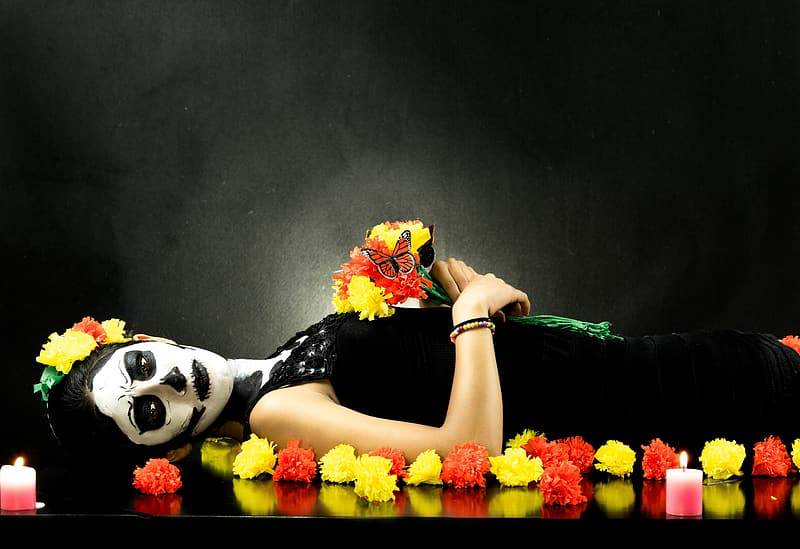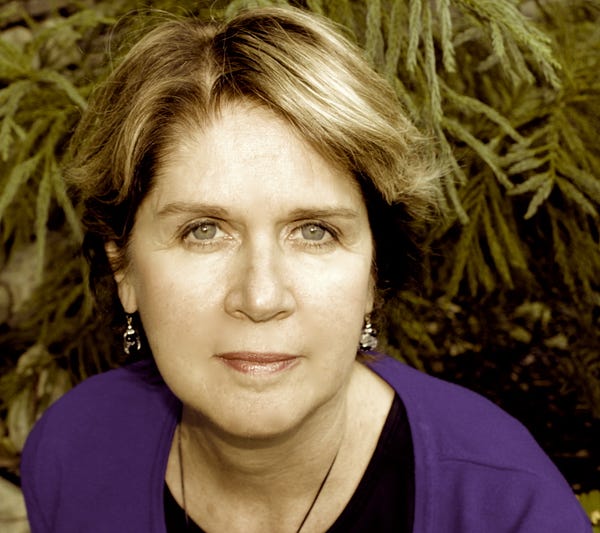On learning that she should sacrifice herself for the good of the public.

On the television this morning, an idea was floated with great sincerity. I could sacrifice myself for the public good. If anyone had to get sick or starve or die from a lack of oxygen, I was the right candidate. There is a model for this, the man on the news said. Old people were sacrificed in Italy, after all, in white tents, on makeshift beds, later sprayed with antiseptic.
If I stick around, I create a burden on the state. My sense of entitlement will have me drawing down monthly government checks. Body parts will weaken, thin, elongate, request attention in unattractive ways. Newspapers will take up space devoted to the matter of loneliness in the elderly. If I wake dramatically in the middle of the night, sitting bolt upright, scared that I will too quickly lose everyone I love in my generation, the treatment for sleep disorders often leads to sleep apnea testing and that’s a ridiculous cost.
To push on without complaint as the man advises means opening my teaching post to someone young and hip for whom technology is a heartbeat. To vacate my apartment allows for a loosening in a tight housing market. Surely someone could use my clothes once they’re fumigated of old-lady smell. If I put down my pen, I lessen the feistiness in the atmosphere.
I consider this man’s caring face and turn the television off and give his ideas a last thought. Drinking a strong tea in an old chipped cup, I look out to the day. No one is out yet on the street that runs uphill. There is enough wind to make the sound of grieving between the houses, but mostly I hear my porch chimes strike one another, waking me out of a terrible dream.
Today I will press on with the ghost novel I’m writing; talk with a couple of my students over Zoom and ask them how they cope before going over their stories with care; don a medical mask and walk through the hills with a friend who has hers tightly fastened, our bodies six feet apart; then join my twenty-five-year-old daughter by computer to watch a movie synchronously, and watch her dear face as we laugh. Before I fall asleep tonight, I will follow my odd habit of wishing everyone well, including the man who presides over this state of doom.
*******************************************************
Lise Haines’s latest novel, When We Disappear, came out in June 2018. Her previous novels are Girl in the Arena, Small Acts of Sex and Electricity, and In My Sister’s Country, and her short fiction and nonfiction has appeared in journals such as AGNI, Ploughshares, and Cross Currents. Her essay on the adult dating years, “Seek and Hide Again,” was one of our 2019 Pushcart nominees. Visit her at lisehaines.com.
This piece also appears, in slightly different format, along with the rest of our blog on Medium, here.









